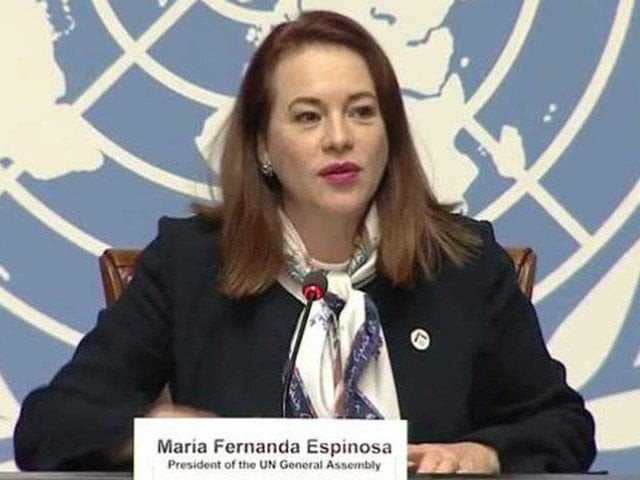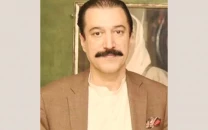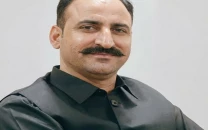No other solution: Dialogue a must to settle Kashmir dispute: Espinosa
UNGA president says dialogue is the only tool to have sustainable and peaceful solution to conflicts

UNGA President Maria Fernanda Espinosa. PHOTO: RADIO PAKISTAN
"Dialogue is the only tool to have sustainable and peaceful solution to such conflicts," the UNGA president said when asked to comment on Kashmir's unresolved dispute on the UN Security Council's agenda, as the civilians of IOK suffered with persistent human rights abuses.
Maria Fernanda Espinosa, who is on a five-day visit to Pakistan — her maiden trip to an Asian country since she assumed office in September and also the first by a UNGA president in eight years — spoke about the UN's role to encourage dialogue to prevent or end conflict for sustainable peace.
Foreign minister, UNGA president discuss Kashmir, Afghan peace
"Dialogue [between India and Pakistan] is a must and these are also the recent words of UN Secretary General regarding the Kashmir issue," Espinosa said in an exclusive interview with APP.
UN Secretary-General Antonio Guterres on Friday at a press conference in New York had expressed the hope that India and Pakistan would be able to engage in a "meaningful dialogue" to resolve their disputes, pointing out that the UN High Commissioner for Human Rights had clearly spoken about the deteriorating human rights situation in ]Indian Occupied Kashmir.
On Pakistan's long fight against terrorism, Espinosa said the country after the painful experience had achieved a "successful response-capacity to counter terrorism".
"Terrorism is a scar phenomenon and also a trans-boundary issue that requires a strong global action," she said, while mentioning the efforts of UN Counter Terrorism Office established some years ago.
She commended Pakistan for making a difference in global peace through its UN peacekeeping troops - one among the four largest contributing countries- deputed in different parts of the conflict-hit world.
The UNGA president said Pakistan deserved acknowledgment for facing protracted refugee situation for four decades and hosting 2.7 million Afghan refugees.
On gap in donor funding that was putting an inordinate pressure on host countries, including Pakistan, she said 80 per cent of the global refugees were being hosted by the developing states and called upon the international community to "wake up to ensure burden-sharing".
She mentioned that the UNGA in December had adopted the Global Compact of Refugees that called for greater cooperation and burden sharing of around 65 million refugees around the world.
The UNGA president said Pakistan being highly vulnerable to adversaries of climate change was "making enormous efforts to strengthen its response capacity and adaptation mechanism".
She said the government's 10 billion tree plantation was an ambitious project to improve soil quality and increase water preservation - the example needed to be followed by other countries as well. Espinosa, who on Saturday planted a sapling in the hills of Islamabad, said it was a "very humble yet symbolic contribution" to plant one tree out of 10 billion.
On Pakistan's minimal contribution to global warming - less than one per cent of the total annual global greenhouse emissions, Espinosa said the UN Framework Convention on Climate Change was an umbrella with an important "principle of common but differentiated responsibilities".
Published in The Express Tribune, January 21st, 2019.



















COMMENTS
Comments are moderated and generally will be posted if they are on-topic and not abusive.
For more information, please see our Comments FAQ